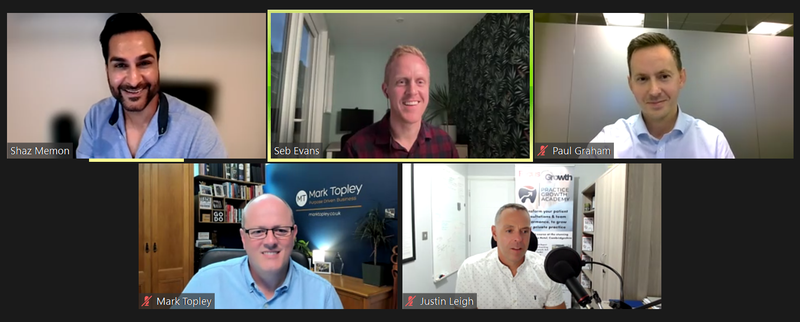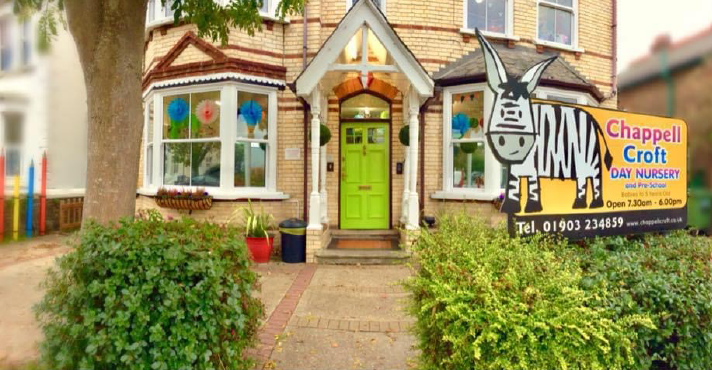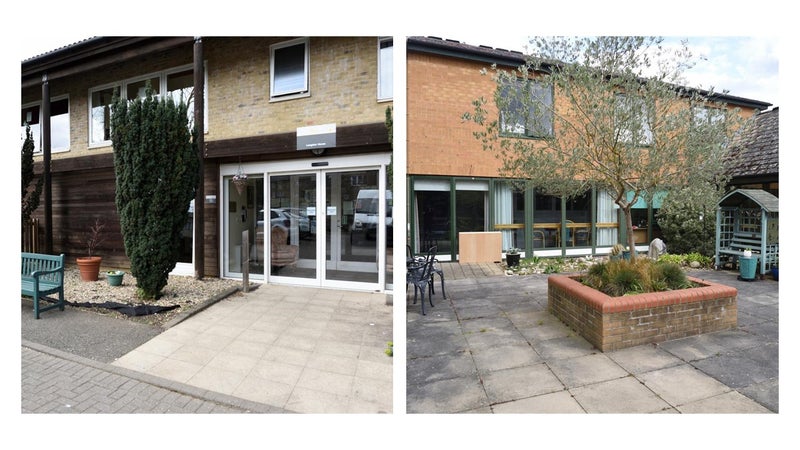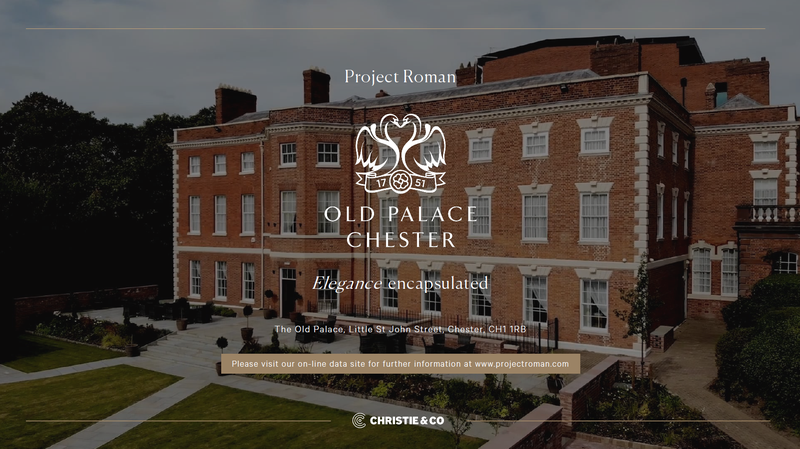Innovations in Hospitality and Tourism Practices sponsored by Christie & Co
Christie & Co was pleased to sponsor the 11th China Tourism Forum: Innovations in Hospitality and Tourism Practices from the 14th to 16th of November at Shangri-La Hangzhou in Hangzhou, China.
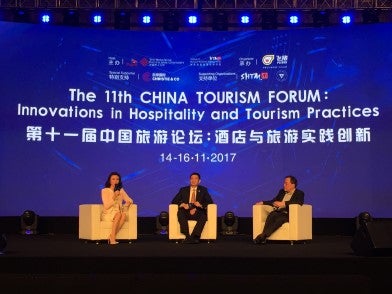
On the 14th of November, Christie & Co and the School of Hotel and Tourism Management Hong Kong Polytechnic University (“SHTM HKPU”) co-hosted a special forum with two roundtable sessions on theme parks and Chinese cultural villages with over 80 invited guests from reputable real estate developers, private equity funds, cultural media, consulting firms, global hotel groups and theme park groups.
I delivered a presentation focusing on the global theme park market by comparing the Big Four theme park groups, Disney, Merlin, Universal Studios and Six Flags, as well as analysing Disney’s four international sites; Hong Kong, Paris, Tokyo and the newly-opened Shanghai, with a emphasis on the keys to success, followed by a discussion on the development of Chinese cultural villages. Our roundtable guests then delivered presentations, sharing their viewpoints and providing case studies with regards to theme parks, cultural villages and integrated resorts, followed by an insightful Q&A.
The two main topics discussed were the importance for theme parks to have intellectual property rights and whether cultural villages need theme parks. There are two ways for theme parks and cultural villages to incorporate the characters from big brands – to create their own brand to repatriate existing ones such as Disney. Creating their own brand may be difficult due to a great amount of marketing cost and a long growing period with initial limited interest and attention; they will also face competition from the bigger established brands. Purchasing intellectual property rights from existing brands is considered to be the better option due to the easy access to existing fans and the great publicity which will instantly draw public attentions. Overall, guests and attendees all agreed on the importance of cultural villages with theme parks as a fundamental core and how important it is to have intellectual property rights for theme parks, such as Mickey Mouse to Disney Parks.
The roundtable guests included: Prof. Lingqiang Zhou, Department of Tourism and Hospitality at Zhejiang University; Dr. James Mabey, COO of Mangrove Tree Resort World; Mr. Daoqiang Liu, President of Shenzhen Fantawild; Ms. Hui Huang, Vice President of Themed Hotel at Shenzhen OCT East; Ms. Rui Xue, Senior Director of Marketing and Business Strategy at HNA PVCP; Mr. Hui Zhao, Vice President of Development & Strategic Alliances Wyndham Hotel Group; Dr. Jihong Ge, Chief Representative of China at Phoenix Satellite Television; Mr. Wei Xiang, CEO of Elephant Business Consulting; Mr. Shuwei Li, General Manager of PPP Investment at Sunvision Capital of Fosun Real Estate; Mr. Qiaqiang Zhou, General Manager of Business Development at Aoyuan Culture and Tourism Group; Mr. Xiaoliang Lu, General Manager of Hangzhou Commerce and Tourism Group; Mr. Feng Shen, Executive Director of Beijing Tiandi Damei Hotel Management Group; Mr. Ruizhong Li, Vice General Manager of Greenland International Hotel Management Group; and Mr. Yuan Li, Vice President of Bingjian Real Estate Group.
After the forum, Christie & Co and SHTM HKPU invited our respective guests for dinner where I thanked each participant for their contributions with a special mention to Dean Kaye Chon, Professor Qu Xiao and the team from SHTM HKPU for their efforts in organising the event.
On the 15th of November, SHTM HKPU hosted the 11th China Tourism Forum: Innovations in Hospitality and Tourism Practices, organised by Piggy of Alibaba and supported by Christie & Co. I was invited to moderate one panel discussion with two panellists, Mr. Daoqiang Liu, President of Shenzhen Fantawild and Mr. Xiaoliang Lu, General Manager of Hangzhou Commerce and Tourism Group. They shared insights into the theme park industry and emphasised that the locations of theme parks should be close to key cities but not too close in order to lead tourists to stay overnight in their themed hotels.
